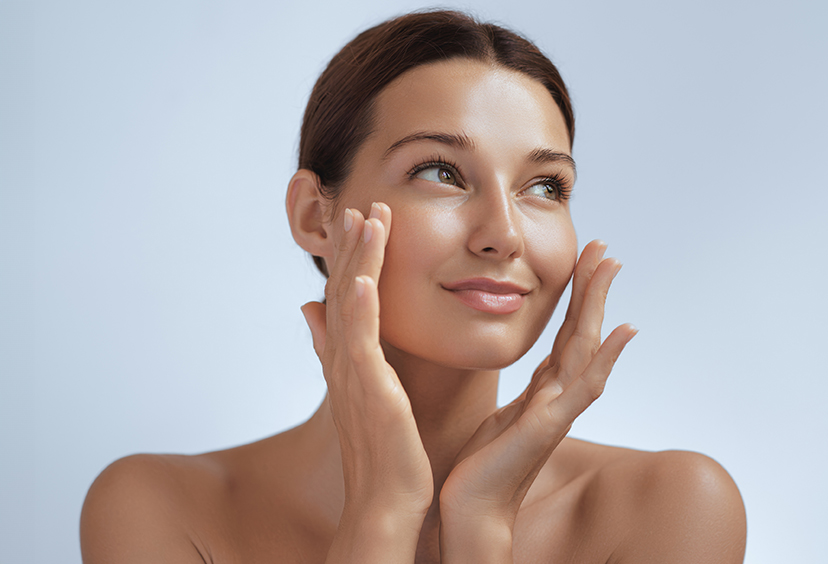Superficial Peel
As the mildest facial peel, this peel uses alpha-hydroxy acid to enter the outermost layer of skin. Here, we offer SkinScript Enzyme Peels and ZO Stimulator Peels. A superficial peel treats rough skin and mild discoloration of the face, neck chest or hands.

